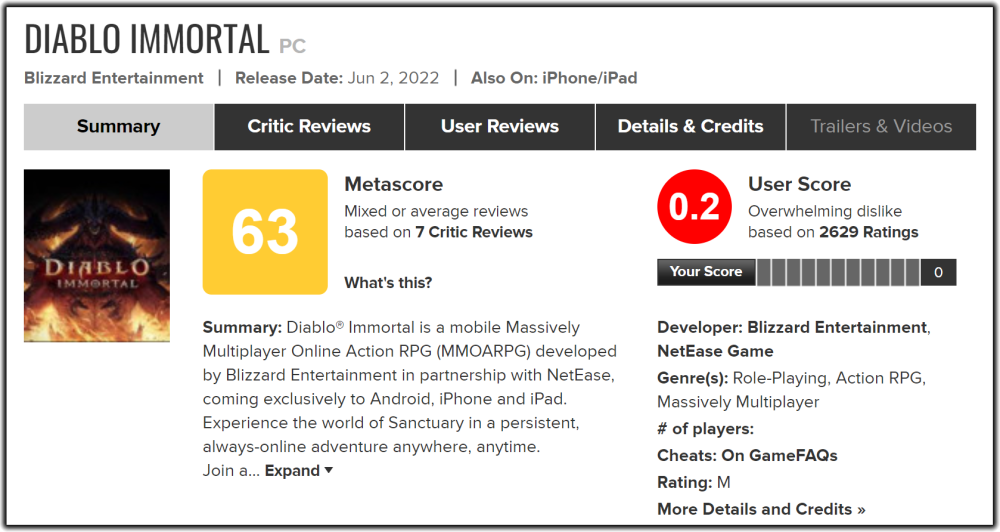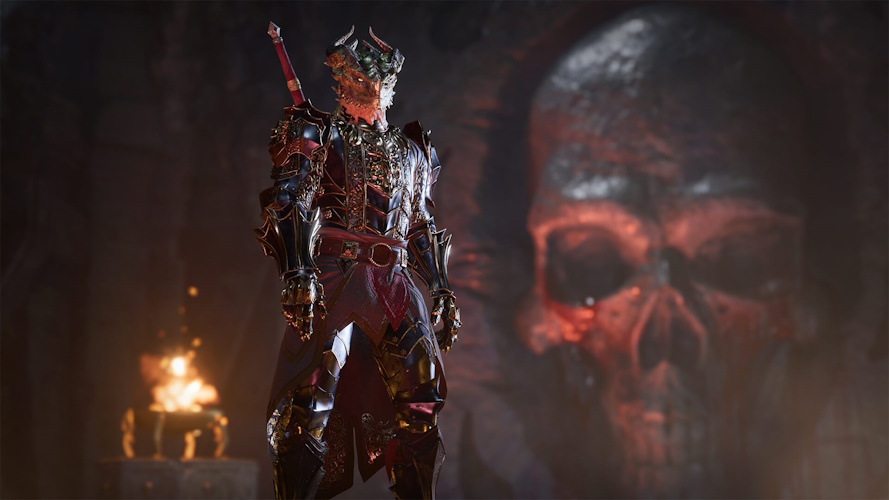I don’t usually like to cover rumours here on the website, but the growing controversy swirling around Microsoft and Xbox is proving difficult to ignore. If you haven’t heard, a number of reputable outlets have been reporting that Microsoft is planning to make some of its biggest current and upcoming console-exclusive titles available on PlayStation 5 consoles – including the likes of Indiana Jones, Starfield, and the Gears of War series.
This feels like a potentially massive shift in the gaming landscape, perhaps on a scale we haven’t seen for a long time. And I have to admit that it leaves me with pretty big questions about Microsoft’s strategy. What does the company hope to achieve in the longer-term with a move like this… especially after having spent so much money buying up companies like ZeniMax and Activision-Blizzard?
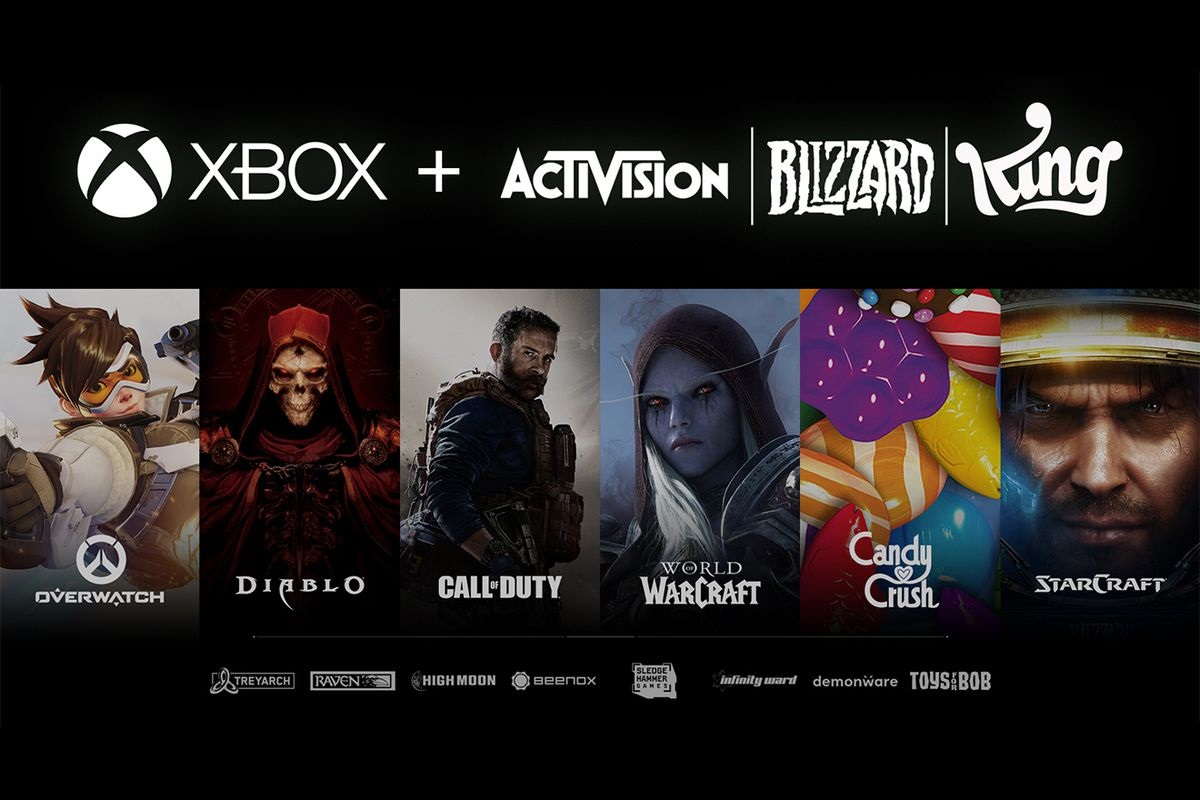
Console exclusives suck. Let’s make that clear right off the bat. It would be better for players if every game could be available on every current-gen system with no limits… but that isn’t the world we live in. Nintendo games are exclusive to the Switch, and that’s gone a long way to helping the company shift well over 100 million consoles. PlayStation exclusives have likewise helped Sony dominate two console generations in a row. And Microsoft has been lagging behind since the end of the Xbox 360 era in that department.
But the company has seemed determined to course-correct. Microsoft has spent lavishly over the last few years, buying up the likes of Obsidian, Bethesda, and of course Activision, and using those long-established companies to create new exclusive titles. After launching Game Pass and bringing in tens of millions of subscribers in a few short years, Xbox’s plans seemed pretty clear: develop more and more exclusive games for consoles and PC, and turn the brand back into the powerhouse it was in the 2000s.
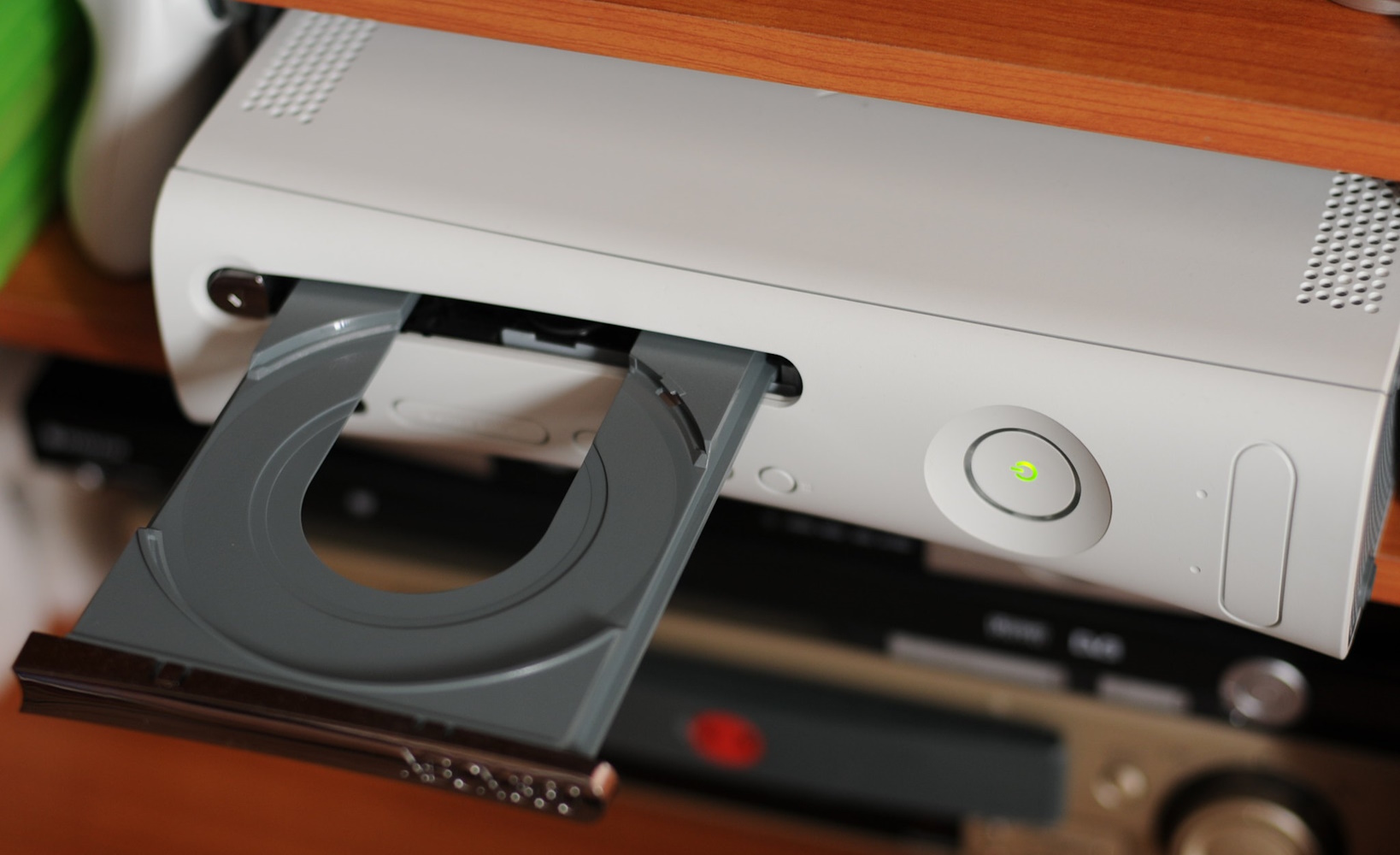
Image Credit: Mario A.P. via Flickr, CC BY-SA 2.0
If these rumours of exclusive games going to PlayStation are even close to being true, that corporate strategy is no longer one that Microsoft is pursuing. And to me, it feels short-sighted almost to the point of desperation. Putting a game like Starfield on PlayStation might bring in some cash in the short-term as players who had previously been locked out will be able to pick it up. But in the longer-term… why would anyone buy an Xbox or even consider subscribing to Game Pass?
If Microsoft is willing to put games that it owns on a competing platform, but that competitor isn’t reciprocating, that’s tantamount to admitting defeat and throwing in the towel. Players will quickly realise that PlayStation is the place to be, because it allows them to play almost every title going – whereas Xbox doesn’t. PlayStation exclusives like God of War, Horizon: Zero Dawn, and The Last Of Us have been hugely influential in Sony’s success over the past decade or so, and if games that had previously been only available on Xbox also join the PlayStation lineup… that’s a great deal for PlayStation gamers.

So what’s Microsoft’s move here? Are Xbox consoles to be discontinued, going the way of the Atari Jaguar and Sega Dreamcast? Have sales of the Xbox Series S and X been so poor over the past three years that Microsoft is considering getting out of the hardware market? If so… where would that leave the gaming landscape? If PlayStation and Nintendo are the only ones left, that might not be good for gaming and competition in the marketplace.
Sony learned a lot of harsh lessons during the PlayStation 3 era when the Xbox 360 sold more than 80 million units and gave the PS3 a real run for its money. That competition spurred Sony on and led to better things a few years later. With Nintendo effectively off to one side doing its own thing, Xbox has been PlayStation’s main competitor for the past twenty years – and having competition is necessary for a healthy marketplace. I don’t want to jump the gun and write Xbox’s eulogy, but if previously exclusive games start appearing on PlayStation… it feels like a harbinger of worse news to come.
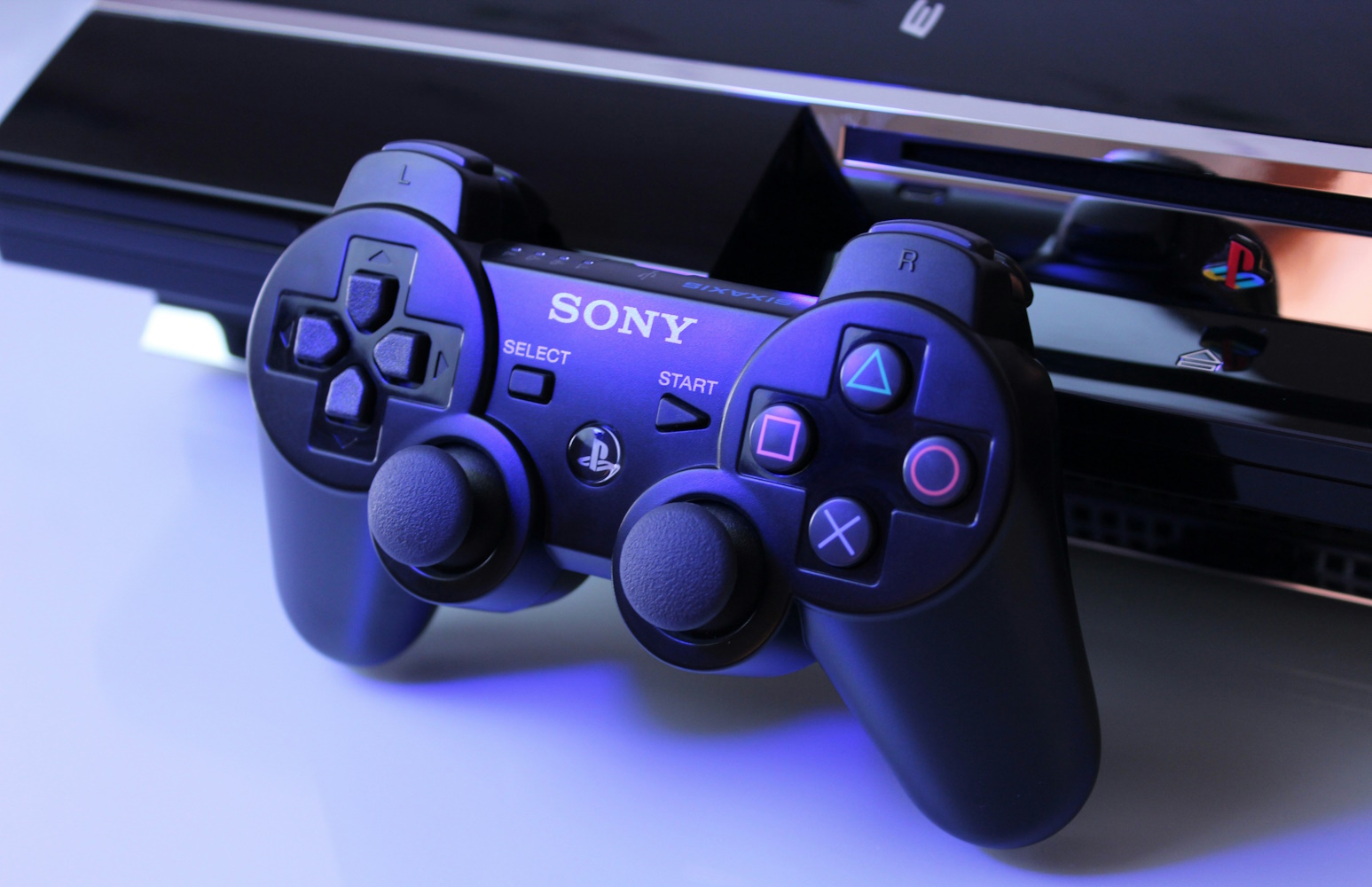
If Microsoft is finding that their current-gen machines aren’t selling as well as they’d hoped, there are other options besides a total surrender or abandoning hardware production. Nintendo ditched the Wii U well ahead of schedule, launching a brand-new machine less than five years later. That could be one route for Xbox to follow. If the Xbox Series S is proving troublesome from a development perspective, retiring that console in favour of the Series X could also be possible. Even just waiting, treading water in anticipation of bigger exclusives in the next few years might be better than abandoning exclusivity altogether for the sake of some short-term cash.
Microsoft has some upcoming games that have the potential to be console-movers. Indiana Jones is one – albeit one that I personally wasn’t taken with when it was shown off a few weeks ago! The sequel to Skyrim is also bound to be a big deal when it’s ready in a few years’ time, and that’s before we’ve looked at some of the franchises and games that Microsoft owns the rights to after its recent acquisition of Activision.
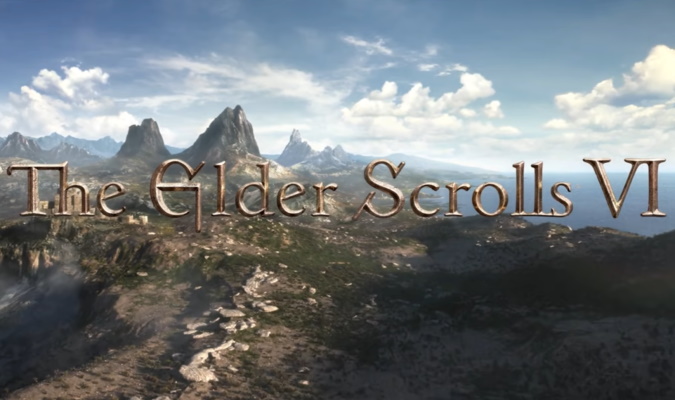
With so many studios coming “in-house,” Microsoft’s future in the gaming marketplace looked to be getting brighter. Game Pass continues to add subscribers, and with subscriptions being the current direction of travel across various forms of media, Microsoft is actually ahead of the curve in the gaming realm; Game Pass is streets ahead of any comparable offering from any other company. Game Pass’ current success could pave the way for a subscription-based future for the Xbox brand. But Game Pass – and Xbox consoles in general – need exclusive titles to make it work.
I don’t really have a dog in this fight; the only current-gen console I own is a Nintendo Switch. But even as PC player, what happens on console has an impact. Microsoft’s seemingly abrupt change in strategy could have implications down the line for Game Pass, for ongoing and upcoming titles, and more.
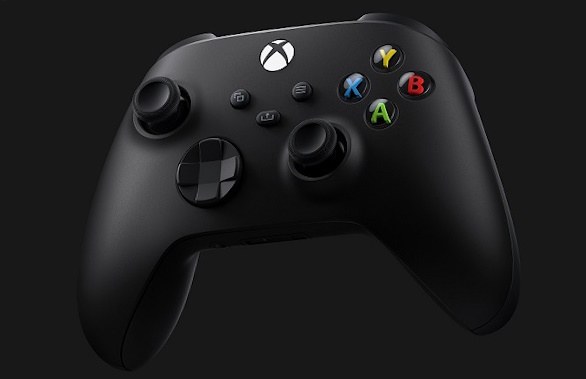
I’m all in favour of shaking things up in the games industry, but Xbox seemingly surrendering its already mediocre lineup of exclusive games isn’t how I’d have expected – or wanted – things to go in the first part of 2024! And as I said at the beginning, I really don’t understand what it’s supposed to achieve beyond a short-term injection of cash. If Microsoft’s gaming division is so short of money that it needs a few hundred thousand sales of Starfield on PlayStation 5… then something’s gone very wrong indeed.
This is great news for PlayStation owners – assuming that these rumours turn out to be correct, that is. For people who’ve invested into the Xbox brand, though, I can understand why there will be some degree of upset. There’s tribalism, of course, with some Xbox die-hards determined to cheer for “their” console, but that isn’t really what I mean. Stepping back and trying to look at things as reasonably and objectively as possible… PlayStation is looking like a way better deal. If Microsoft’s biggest exclusives join its already impressive lineup, I can absolutely understand why players who shelled out for an Xbox Series X would feel hard done by.
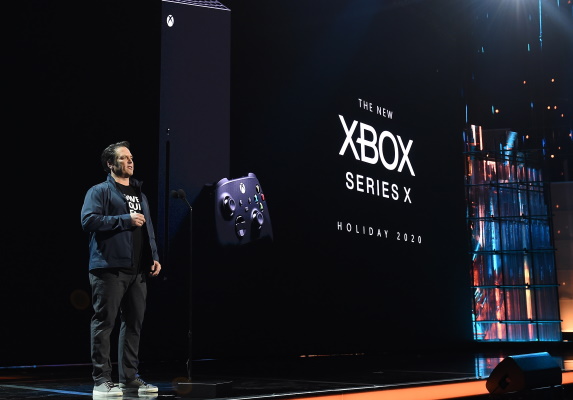
It’s that sense of regret, of having made the wrong decision. By sending their games to PlayStation, Microsoft will be giving that platform a boost and making it the better deal for players – leaving current Xbox gamers and supporters feeling understandably upset. If they’d known this was going to happen when purchasing a new console, PlayStation 5 would have been the logical choice.
We’ve all experienced that kind of regret or envy, even if just on a small scale. How many times have you chosen the wrong line at the supermarket, only to see the other lines moving faster? Or ordered a dish at a restaurant only to see your friend or partner’s plate look way better? It’s those kinds of feelings that I think we can all relate to; this is something that goes beyond merely “Team Green versus Team Blue.”
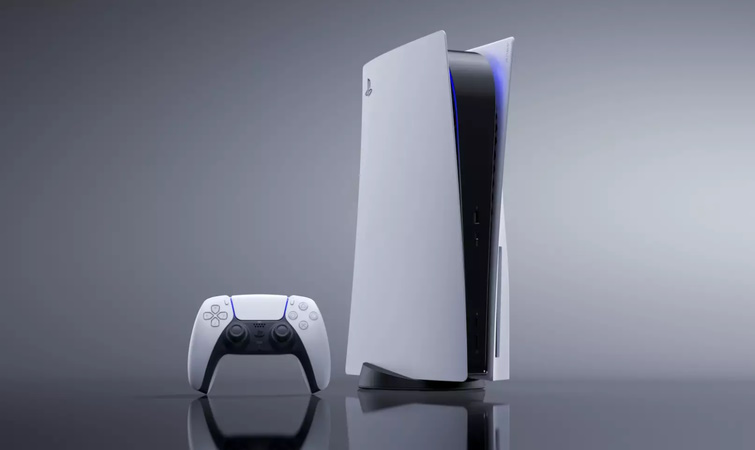
So we’ll have to watch and wait for official news from Microsoft – as well as an explanation, if this does end up going ahead. I wanted to share my two cents on the subject, at any rate. Console exclusivity isn’t great, but what’s worse is seemingly promising players exclusive titles, using exclusivity as a major selling-point, and then U-turning on it midway through a console generation. Some players will feel that they’ve been left high and dry by Microsoft and Xbox… and the damage that could do to the brand, with some of its biggest fans and supporters potentially souring and turning away, should not be underestimated.
Is a bigger shake-up of the gaming landscape imminent? Will Xbox drop out of the hardware market altogether? Will a reciprocal deal be struck to bring titles like Spider-Man 2 and God of War Ragnarök to Xbox and PC? Is this the end of console exclusivity?
There are some big questions floating around… and all we can do is watch this space. Be sure to check back in the days and weeks ahead, though, because if there really is massive news from Xbox, I’m sure I’ll have more to say.
Xbox Series S/X and PlayStation 5 consoles are available for purchase now. All titles discussed above are the copyright of their respective developer, publisher, and/or studio. This article contains the thoughts and opinions of one person only and is not intended to cause any offence.



